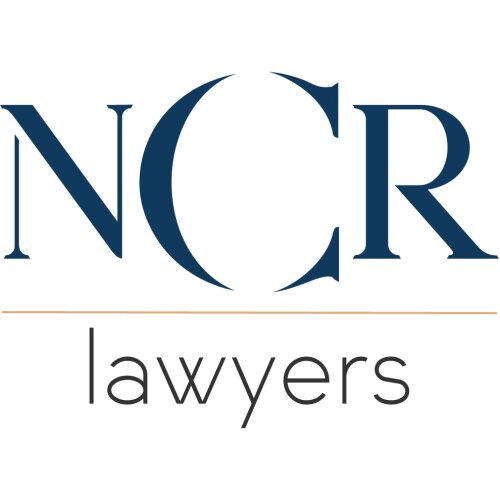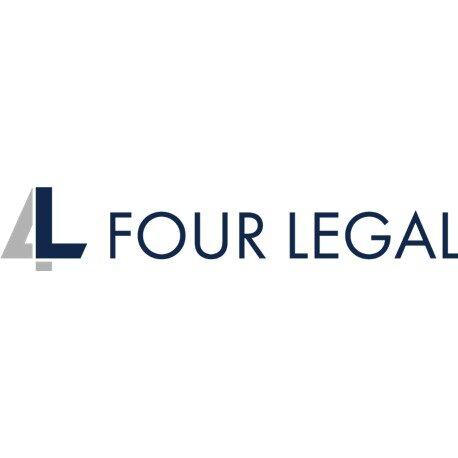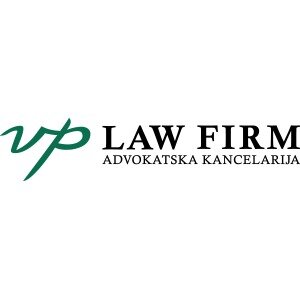Best Corporate Governance Lawyers in Serbia
Share your needs with us, get contacted by law firms.
Free. Takes 2 min.
Or refine your search by selecting a city:
List of the best lawyers in Serbia
Legal guides written by Business Law office - Advokatska Kancelarija:
- Why Invest In Serbia
About Corporate Governance Law in Serbia
Corporate governance in Serbia refers to the set of laws, regulations, and best practices that govern how companies are directed, managed, and controlled. Its aim is to ensure transparency, accountability, and fairness in a company’s relationship with stakeholders, including shareholders, management, employees, customers, and the wider community. Serbian corporate governance regulations are influenced by both national laws and international standards, and they apply to publicly listed companies as well as, to some extent, private limited companies. Good corporate governance helps prevent conflicts of interest, encourages responsible decision making, and instills trust in the business environment.
Why You May Need a Lawyer
Legal advice is essential in various corporate governance situations. For example, if you are forming a company in Serbia, you will need to establish clear governance structures in line with the law. Changes in company ownership or management, drafting or amending articles of association, handling shareholder rights and disputes, or abiding by stock exchange requirements also commonly require specialized legal support. Legal counsel can help you comply with Serbian legislation, represent your interests in negotiations or disputes, and minimize your exposure to legal risks. Companies facing regulatory investigations, merger or acquisition scenarios, or those wishing to introduce best governance practices benefit greatly from experienced legal advisors in this field.
Local Laws Overview
Serbian corporate governance is primarily regulated by the Law on Companies, which outlines rules for company formation, management structure, duties of directors, rights of shareholders, and procedures for general meetings. The Law on Capital Markets further governs publicly traded companies, while other sector-specific laws may also apply. Key areas include:
- Requirements for transparent management and board structures
- Fiduciary duties and responsibilities of directors and officers
- Protection of minority shareholder rights
- Disclosure and reporting obligations
- Internal control mechanisms and audit processes
- Procedures for resolving shareholder disputes and conflicts of interest
Moreover, the Serbian Securities Exchange Commission and other regulatory bodies oversee compliance, and companies listed on the Belgrade Stock Exchange must observe additional standards.
Frequently Asked Questions
What is corporate governance and why is it important in Serbia?
Corporate governance refers to the rules, practices, and processes by which a company is directed and controlled. In Serbia, effective corporate governance fosters transparency, protects investor rights, and supports business growth and stability.
What are the main laws governing corporate governance in Serbia?
The main laws include the Law on Companies and the Law on Capital Markets. Additional regulations come from the Serbian Securities Exchange Commission and relevant stock exchange rules.
Who is responsible for implementing corporate governance in a Serbian company?
The board of directors or supervisory board, as well as executive management, are responsible for implementing and upholding corporate governance practices in Serbian companies.
What are the rights of minority shareholders in Serbia?
Minority shareholders are protected under Serbian law and have rights regarding information access, voting, profit participation, and the ability to challenge certain decisions made by majority owners.
What are the legal responsibilities of company directors in Serbia?
Directors must act with due care, loyalty, and in the best interests of the company, avoiding conflicts of interest and complying with all legal and statutory obligations.
How often are general meetings required for Serbian companies?
At least one general meeting of shareholders must be held annually. Special meetings may be convened as required by law or a company’s governing documents.
Are there specific corporate governance codes or best practice guidelines in Serbia?
Yes, publicly listed companies are encouraged to follow the Corporate Governance Code published by the Belgrade Stock Exchange, outlining principles and recommendations for good governance.
What disclosure requirements do companies face?
Serbian companies, especially those listed on the stock exchange, must regularly disclose financial statements, significant decisions, changes in ownership, and material events to regulatory authorities and the public.
How are corporate disputes resolved in Serbia?
Disputes may be resolved through internal mechanisms, mediation, arbitration, or the courts, depending on the company’s statutes and the nature of the dispute.
Can foreign nationals serve as directors or shareholders in Serbian companies?
Yes, Serbian law allows foreign nationals to become shareholders or serve as directors, subject to standard legal requirements and background checks.
Additional Resources
For more information or assistance, consider these organizations and resources:
- Serbian Business Registers Agency (SBRA): Registration and company records
- Ministry of Economy of the Republic of Serbia: Legislation and policies
- Belgrade Stock Exchange: Corporate governance standards for listed companies
- Serbian Chamber of Commerce: Business advisory and networks
- Serbian Securities Commission: Regulatory body for capital markets and disclosures
Next Steps
If you need legal assistance with corporate governance in Serbia, start by gathering all relevant company documents and identifying your key questions or concerns. Consult an experienced Serbian corporate lawyer, especially one familiar with relevant sector regulations and governance structures. You can reach out to your local bar association or one of the organizations listed above for referrals. A qualified attorney can review your legal situation, explain your rights and obligations, and represent you in meetings, negotiations, or disputes to help you ensure compliance with Serbian corporate governance laws.
Lawzana helps you find the best lawyers and law firms in Serbia through a curated and pre-screened list of qualified legal professionals. Our platform offers rankings and detailed profiles of attorneys and law firms, allowing you to compare based on practice areas, including Corporate Governance, experience, and client feedback.
Each profile includes a description of the firm's areas of practice, client reviews, team members and partners, year of establishment, spoken languages, office locations, contact information, social media presence, and any published articles or resources. Most firms on our platform speak English and are experienced in both local and international legal matters.
Get a quote from top-rated law firms in Serbia — quickly, securely, and without unnecessary hassle.
Disclaimer:
The information provided on this page is for general informational purposes only and does not constitute legal advice. While we strive to ensure the accuracy and relevance of the content, legal information may change over time, and interpretations of the law can vary. You should always consult with a qualified legal professional for advice specific to your situation.
We disclaim all liability for actions taken or not taken based on the content of this page. If you believe any information is incorrect or outdated, please contact us, and we will review and update it where appropriate.
Browse corporate governance law firms by city in Serbia
Refine your search by selecting a city.

















